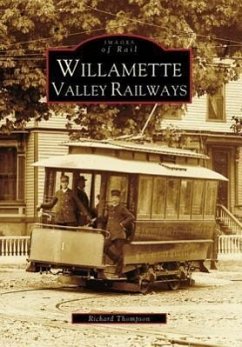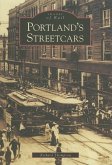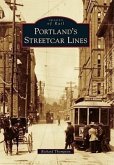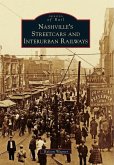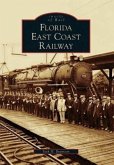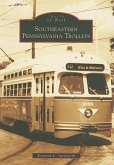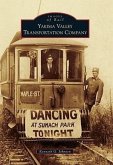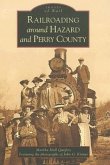Willamette Valley Railways tells the story of the electric interurban railways that ran through Oregons Willamette Valley and of the streetcars that operated in the towns they served. Long before modern light rail vehicles, electric trains were providing Portland and the Willamette Valley with reliable, elegant transportation that was second to none. Between 1908 and 1915, two large systems, the Oregon Electric Railway and the Southern Pacific Red Electrics, joined smaller competitors constructing railways throughout the region. Portland became the hub of an impressive interurban network in a frenzy of electric railway building. Yet all too soon, this brief but glorious interurban era was over. Highway improvement and the growth of automobile ownership made electric passenger trains unprofitable in the sparsely populated valley. By the early 1930s, the company that had launched the nations first true interurban was the only one still offering passenger service here.
Hinweis: Dieser Artikel kann nur an eine deutsche Lieferadresse ausgeliefert werden.
Hinweis: Dieser Artikel kann nur an eine deutsche Lieferadresse ausgeliefert werden.

